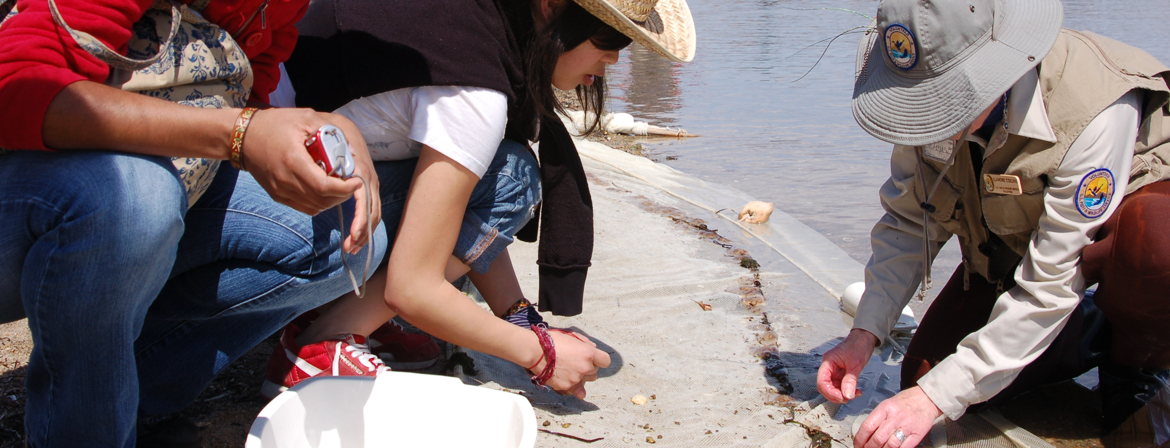Declining Sustainability: The Case of Shopping Trip Energy Consumption
Kitamura, R., Sakamoto, K. & Waygood, O. (2008). Declining Sustainability: The Case of Shopping Trip Energy Consumption. International Journal of Sustainable Transportation, 2(3), 158-176.
Implementing a Community-Based Social Marketing Program to Increase Recycling
Haldeman, T. & Turner, J. (2009). Implementing a community-based social marketing program to increase recycling. Social Marketing Quarterly, 15(3), 114-127.
The Relationship Between the Built Environment and Nonwork Travel
Cao, X., Mokhtarian, P. L., & Handy, S. L. (2009). The relationship between the built environment and nonwork travel: A case study of Northern California
The Effect of Transportation Policies on Energy Consumption and Greenhouse gas Emission from Urban Passenger Transportation
Poudenx, P. (2008). The effect of transportation policies on energy consumption and greenhouse gas emission from urban passenger transportation. Transportation Research Part A: Policy and Practice, 42(6), 901-909.
Walking and Cycling to School: Predictors of Increases Among Children and Adolescents
Hume, C., Timperio, A., Salmon, J., Carver, A., Giles-Corti, B., & Crawford, D. (2009). Walking and Cycling to School: Predictors of Increases Among Children and Adolescents. American Journal of Preventive Medicine, 36(3), 195-200.
The Propensity for Motorists to Walk for Short trips: Evidence from West Edinburgh
Ryley, T. J. (2008). The propensity for motorists to walk for short trips: Evidence from West Edinburgh. Transportation Research Part A: Policy and Practice, 42(4), 620-628.
Commingled Versus Separated Curbside Recycling and Long-Term Participation
Oskamp, S., Zelezny, L., Schultz, P. W., Hurin, S., Burkhardt, R. & O'Neil, E. (1994). Commingled versus separated curbside recycling and long-term participation. American Psychological Association.
Changing Homeowners' Use of Toxic Household Products: A Transactional Approach
Werner, C. (2003). Changing homeowners' use of toxic household products: A transactional approach. Journal of Environmental Psychology, 23(1), 33-45
Altruistic, Egoistic, and Normative Effects on Curbside Recycling
Ewing, G. (2001). Altruistic, egoistic, and normative effects on curbside recycling. Environment and Behavior, 33(6), 733-764. doi:10.1177/00139160121973223.
The Attitude-Behavior Relationship: A Test of Three Models of the Moderating Role of Behavioral Difficulty
Kaiser, F., & Schultz, P. (2009, January). The attitude-behavior relationship: A test of three models of the moderating role of behavioral difficulty. Journal of Applied Social Psychology, 39(1), 186-207.



